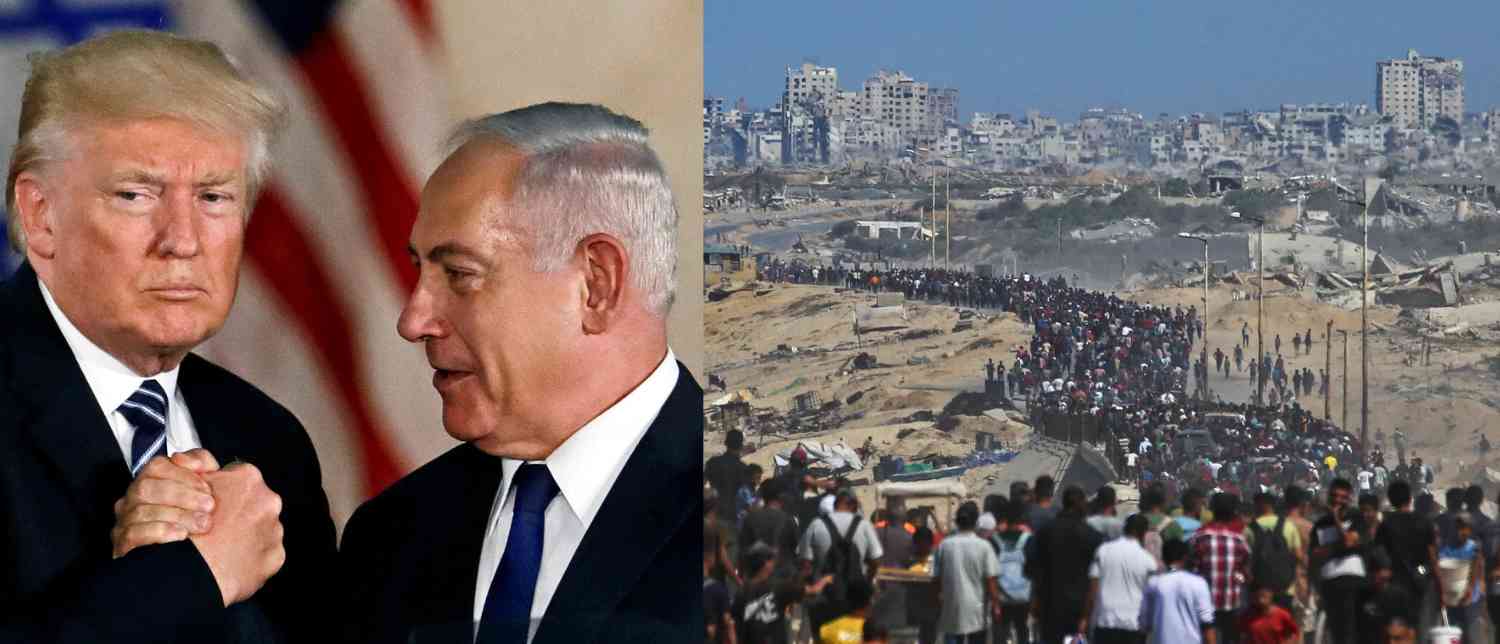The war in Gaza could be heading towards an unexpected conclusion, as Israel and Hamas prepare for a prisoner and hostage swap deal that has taken the world by surprise. In a twist no one saw coming, former US President Donald Trump has stepped into the picture, pushing negotiations forward in what some analysts are calling one of the most unusual diplomatic interventions in recent years.
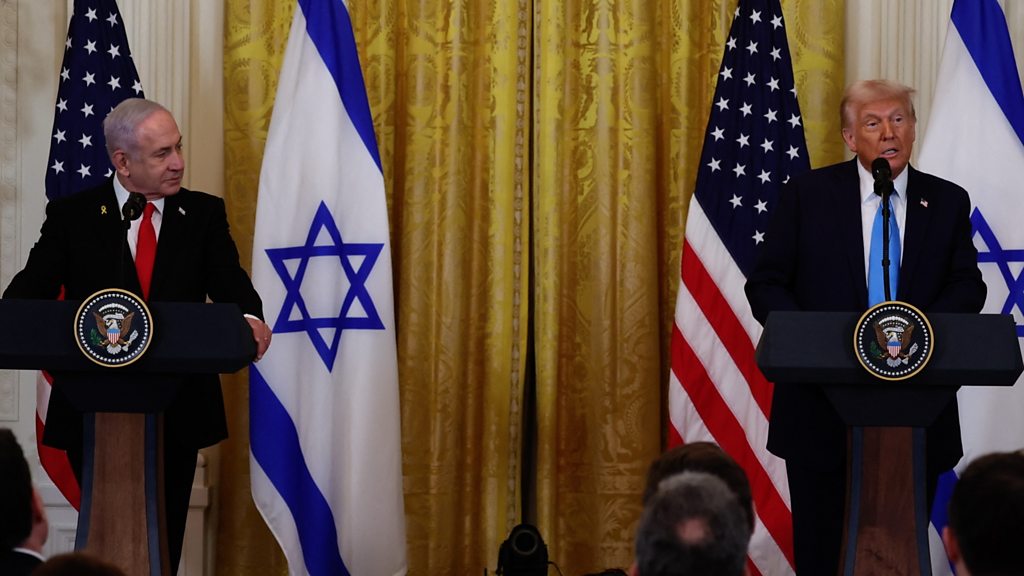
The fighting in Gaza has been one of the most devastating conflicts in the region’s history, with thousands of casualties and widespread destruction. For months, international efforts to mediate between Israel and Hamas have yielded little progress. Governments, the United Nations, and aid agencies have tried to urge a ceasefire, but mistrust and ongoing military strikes kept hope at bay.
Trump’s sudden involvement has sparked curiosity. Having remained largely outside Middle East diplomacy since leaving the White House, his surprise mediation role came after private talks with several regional leaders. According to sources, he was approached by both intermediaries in the Arab world and members of the Israeli leadership who believed his unique style could help break the stalemate.
Reports indicate that Israel and Hamas are close to finalising an agreement that will see the release of dozens of hostages held in Gaza in exchange for Palestinian prisoners in Israeli jails. While such swaps have happened before, this deal appears to be far larger and more politically sensitive.
Israel is believed to be preparing to release high-profile detainees, some of whom have been in prison for decades. Hamas, in return, would let go of civilians, soldiers, and foreign nationals captured during the war.
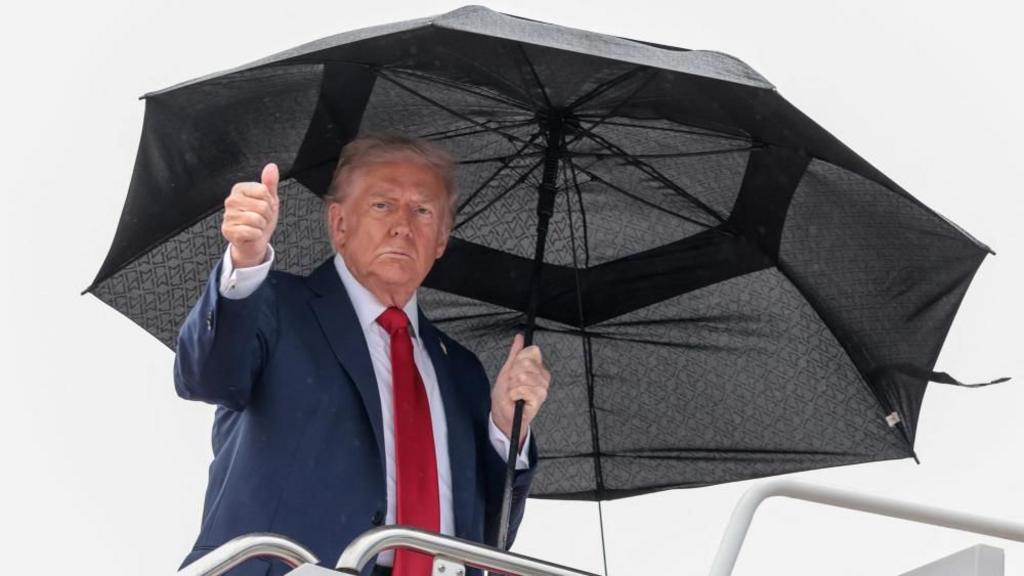
This proposal has been shocking for two reasons:
-
It was not expected so soon after months of intense fighting.
-
The scale of the trade could have significant political consequences in both Israel and Palestine.
Trump’s intervention has divided opinion. Supporters argue that his bold, unconventional methods could succeed where years of diplomacy have failed. They point to his role in brokering normalisation deals between Israel and Arab states during his presidency, suggesting he may have the ability to influence even sworn enemies.
Critics, however, worry that Trump’s involvement could complicate matters by making the process overly politicised. Some diplomats fear that if his mediation is seen as self-serving or as a move to regain political relevance ahead of the US elections, the fragile trust between both sides could break.
While the exchange deal is promising, experts caution against declaring the war over too soon. A prisoner swap may bring temporary relief and could serve as a stepping stone towards broader peace talks, but there are deeper issues that remain unresolved.
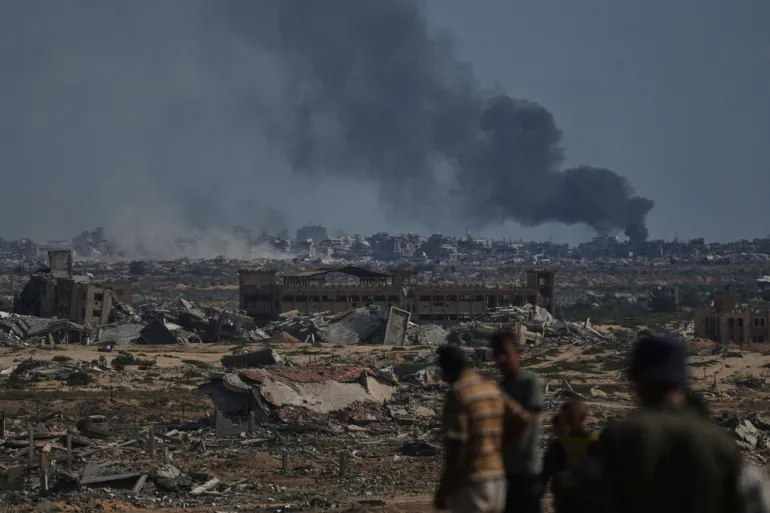
The conflict has been driven not just by territorial disputes but by decades of mistrust, political rivalries, and differing visions for the future of Gaza and Israel. Without addressing these root causes, there is a risk that fighting could resume.
That said, a successful deal could lower tensions and create the space needed for more extensive negotiations. Many analysts believe such a breakthrough might encourage other mediators to step forward, possibly drawing in more nations to support lasting peace.
For the civilians who have suffered the most during this war, any step towards peace is welcome. In Gaza, families have lived through relentless air strikes, shortages of food and clean water, and a collapse in medical care. In Israel, fears of rocket attacks and the pain of missing relatives have caused immense distress.
The swap would not only reunite families but also signify a rare moment of cooperation between two bitter rivals. If managed well, it could open the door for humanitarian aid to reach those in need without the constant threat of violence.
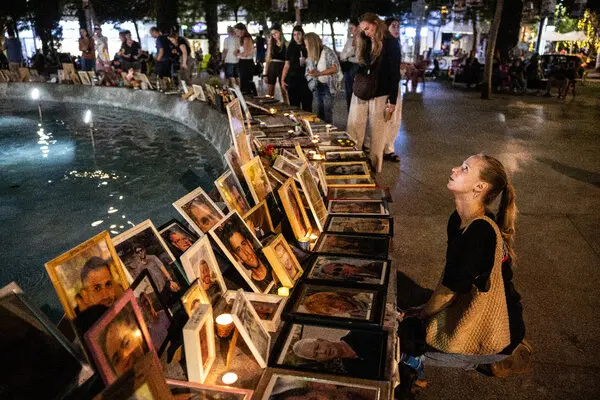
Negotiators from both sides are meeting in a neutral location, with Trump reportedly engaging via secure channels. If agreed upon, the swap could take place within weeks, possibly marking the first major turning point in the Gaza war.
The world will watch closely—not just to see the release of the hostages and prisoners, but to understand whether this event could truly signal an end to one of the most painful conflicts of our time.
For now, hope balances on a delicate thread. It is possible that this “shocking exchange” could be remembered as the moment Gaza stepped back from the brink—or as yet another missed opportunity in the long road to peace.
With inputs from agencies
Image Source: Multiple agencies
© Copyright 2025. All Rights Reserved. Powered by Vygr Media.

